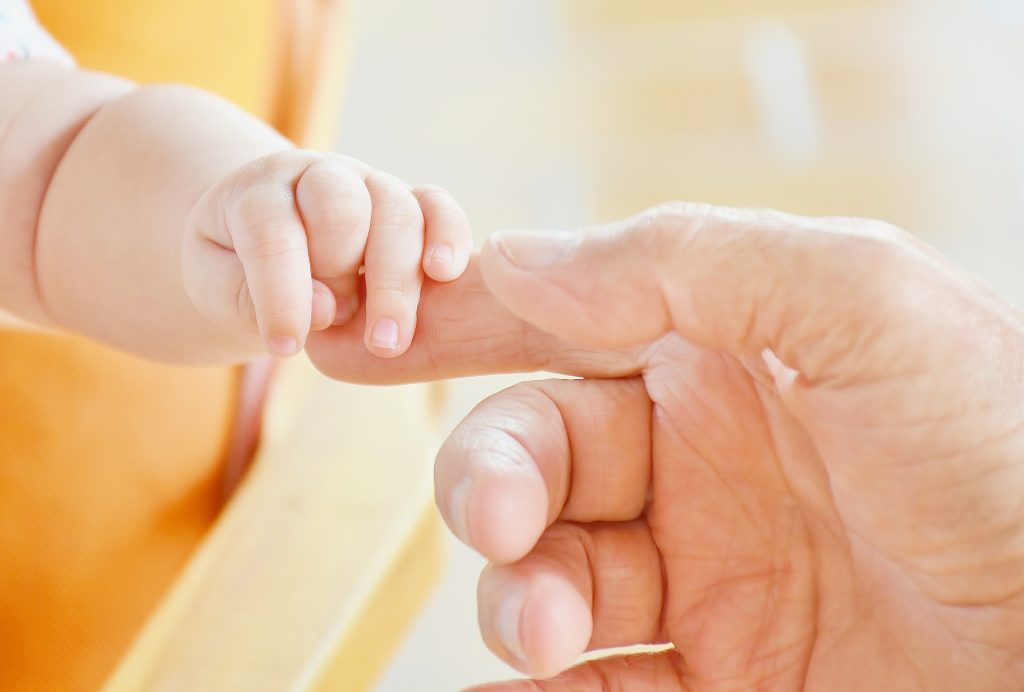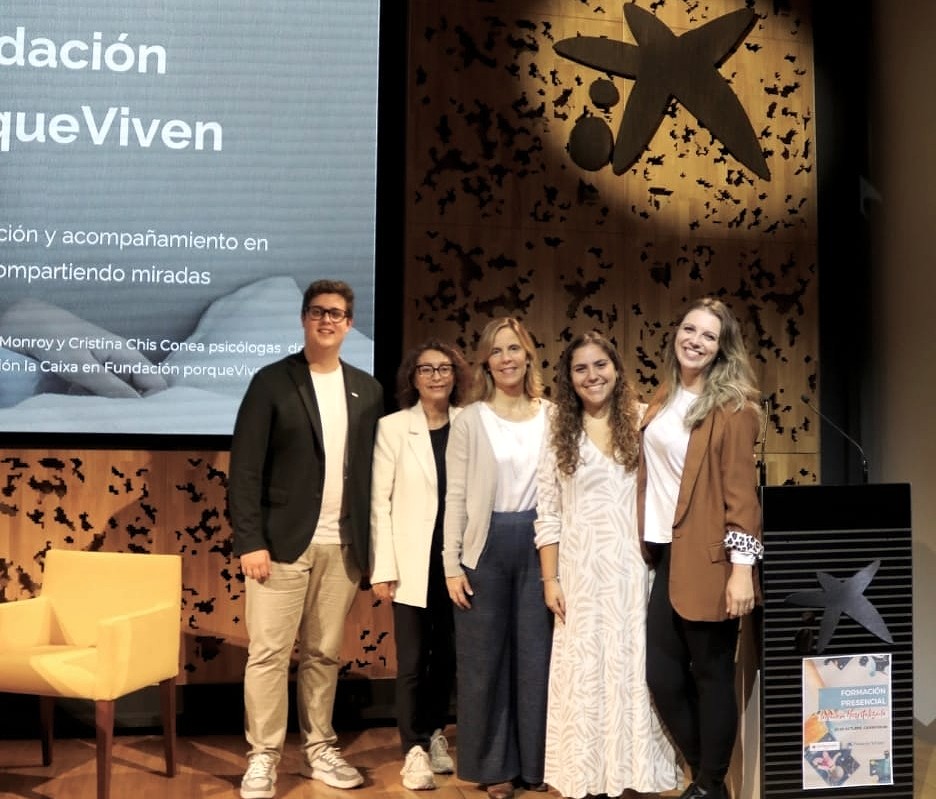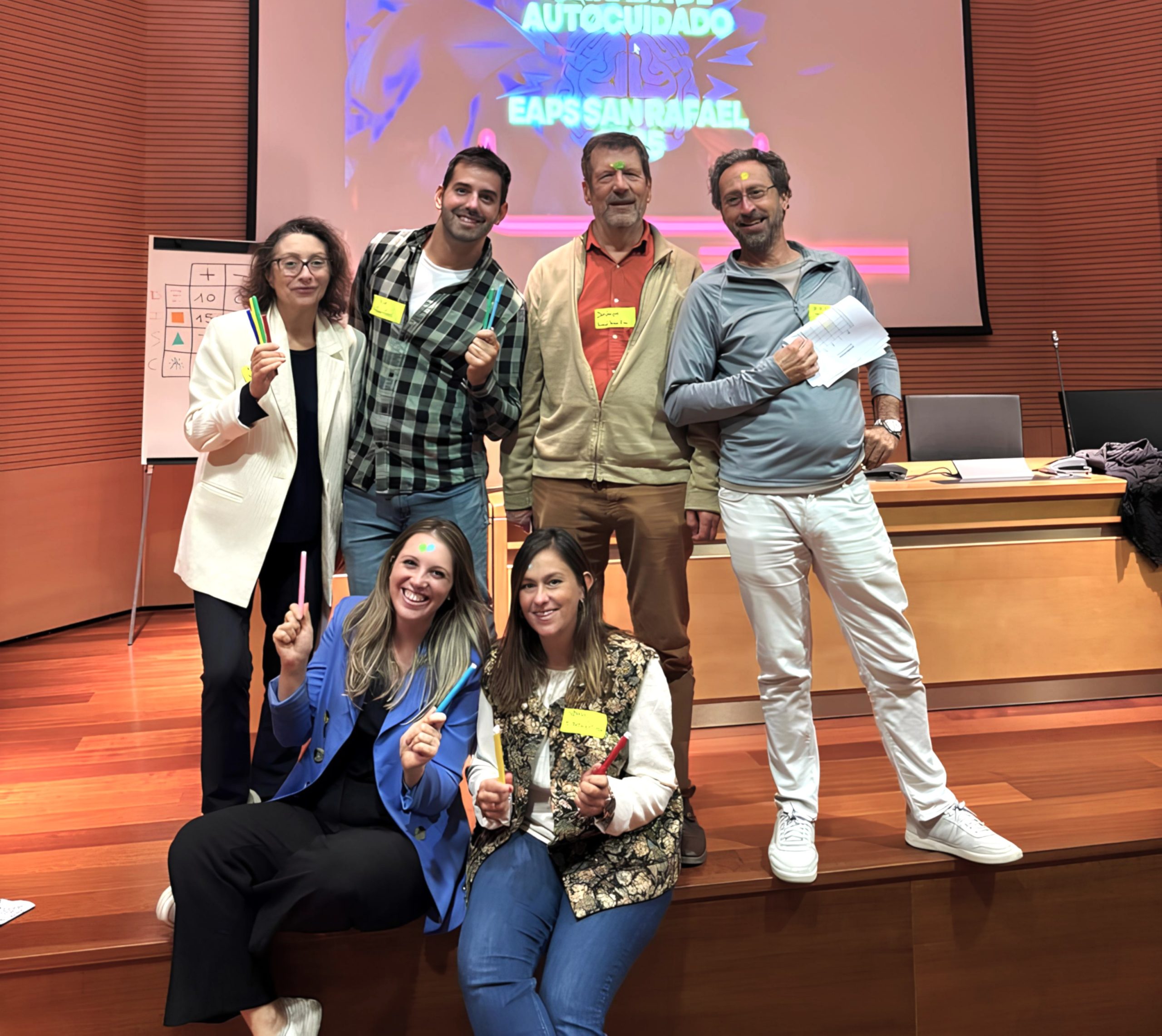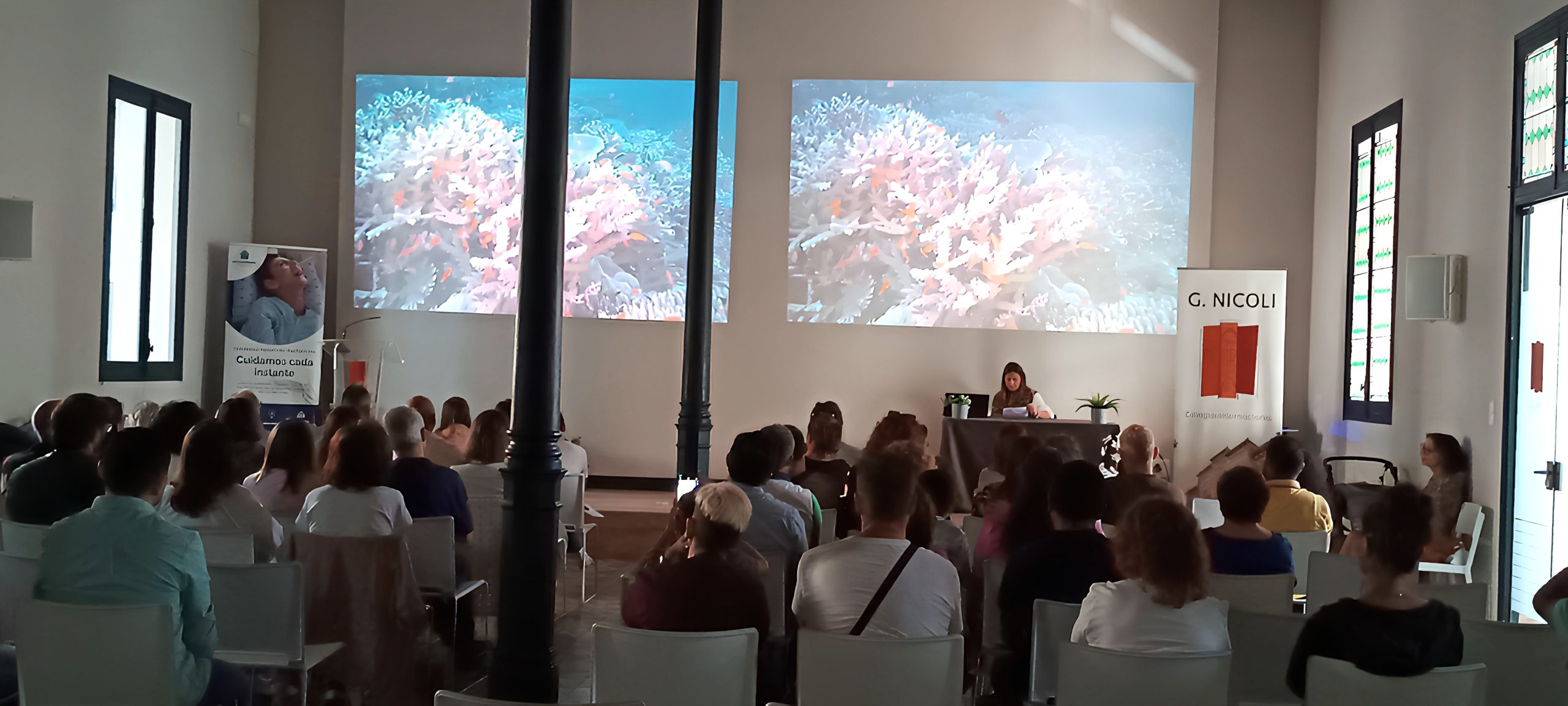On October 8, the World Palliative Care Day . When world days are proclaimed about something, it is because, in some way, society is not yet aware of or has not integrated the fact that is celebrated or is trying to be disseminated. This suggests that palliative care is, today, a pending issue.
It is understandable that, being a new discipline, with just over 50 years of life, it has not yet been sufficiently implemented and disseminated. An area of knowledge that has had to make its way into a super-specialized, technified medicine with great healing pressure. And palliative care doesn't seem to fit well into the development of genetics, research, and biotechnology.
Palliative care is a way of delivering people-centred care. And people are patients (in our case children), families and professionals
Palliative care is a way of delivering people-centred care. And people are patients (in our case children), families and professionals. Palliative care aims to respond to the needs of the sick person in situations of high vulnerability. The person, a multidimensional being, where the physical, the disease, is only one of the areas that cause suffering. The person suffers when his or her integrity is threatened, also psychologically, socially or spiritually. For this reason, palliative care is comprehensive and is provided by specific interdisciplinary teams that work to provide the patient with the best care and help them and their family to face and assume incurability while respecting their world of bonds and values.
Palliative care has, of course, "bad press" among the population because it appears on the horizon "hand in hand with death". The social rejection of death sometimes also means that palliative care is also rejected, thus depriving the patient, out of fear and ignorance, of adequate care for what they need at that stage of their life.
"Doctor, how much do I have left?" they ask us. "We don't care about how much, but how," we reply. Because palliative care is not a matter of time. Even if there is little time left, there is still a lot of life to live.
And that is what must change. Death for life. Palliative care is not concerned with death, but with the lives of patients. In some countries they were associated, less and less, with thanatology. In many cases, its popularity has been reduced to bereavement care. But only the living die. In palliative care we take care of the lives of patients. "Doctor, how much do I have left?" they ask us. "We don't care about how much, but how," we reply. Because palliative care is not a matter of time. Even if there is little time left, there is still a lot of life to live.
And that is what we focus our efforts on; in helping the person who suffers to integrate into their life the new reality of limitation, helplessness, incurability, so that they can live their life as fully as possible. Home, family, what each one considers good for himself... We serve those objectives. Because, of course, what we offer is personalized medicine. Adapted to who each one is and what is important to him. Personal, personalized and personalized attention.
Last week the IV National Congress of Paediatric Palliative Care took place and families had a special role in it
And now, with the Euthanasia Bill in the distance, much clearer. If there is one thing that this parliamentary initiative is serving for, it is to clarify that euthanasia is "a provision of assistance in dying" and palliative care is something else and is outside that scope. Euthanasia deals with death, palliative care with life.
Last week took place the IV National Congress of Paediatric Palliative Care . Families had a special role in it. Families of children cared for, sometimes, for years by specific paediatric palliative care teams. Families who said "I wish we had received palliative care much earlier". A care whose purpose is to "extend life" and not extend it, although, many times, the child in palliative care not only lives better but can also live longer. Although, palliative care is not a matter of time.
Ricardo Martino Alba (Head of the Paediatric Palliative Care Section at the Niño Jesús University Children's Hospital).
NOTE : This article has been published on the health portal iHEALTH ( >> link )
#porqueviven #cuidadospaliativos #paliativospediátricos #cuidadospaliativospediátricos






